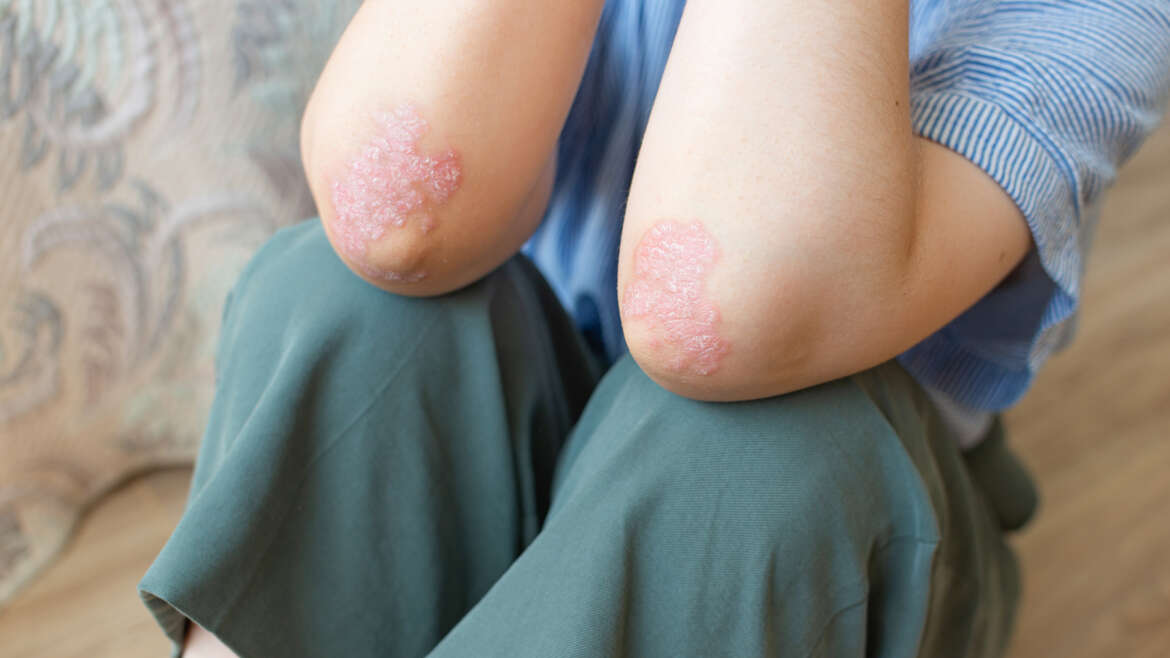Psoriasis mainly affects the skin and is a fairly common condition, affecting 1-3% of the general population. Therefore, 80-120 million patients worldwide suffer from psoriasis and approximately 200,000 patients in Greece. It occurs equally in both sexes, mainly in young people. more often between the ages of 15 and 35. Psoriasis develops chronically, with flares and relapses.
In general, it appears that 65% of patients have a mild illness (affecting less than 2% of the body), 25% of patients have a moderate illness (affecting 2-10% of the body), and 10% of patients have a serious illness (infection greater than 10% of the body).
Although mild to moderate skin disease affects a small part of the body, it can have a significant impact on a patient’s quality of life, especially given the young age of the patient. That is, psoriasis occurs at a time in their lives that is characterized by intense professional, social and personal activities. Itching and pain can interfere with personal care, walking or even sleep. Therapeutic methods and drugs are usually costly and disrupt work schedule, or school schedule.
According to similar published studies, less than 1 in 4 patients would prefer psoriasis to other co-morbidities, such as diabetes, asthma or bronchitis, while most patients with psoriasis would prefer to suffer from hypertension, depression, or some form of cancer.
Social isolation is a common problem for patients with psoriasis, as 40-60% of patients report that psoriasis dramatically affects their sexual contact, and about 26% of patients report that, during an exacerbation, other people avoid coming. in contact with them, while 20% felt intense social isolation when asked to leave public areas, such as the pool, hair salon and gym.
As the patients with psoriasis themselves observe, they are obliged to explain the nature of their disease to other people once or twice a week if they suffer from mild psoriasis, up to once or twice a day if they suffer from a severe form of the disease.


